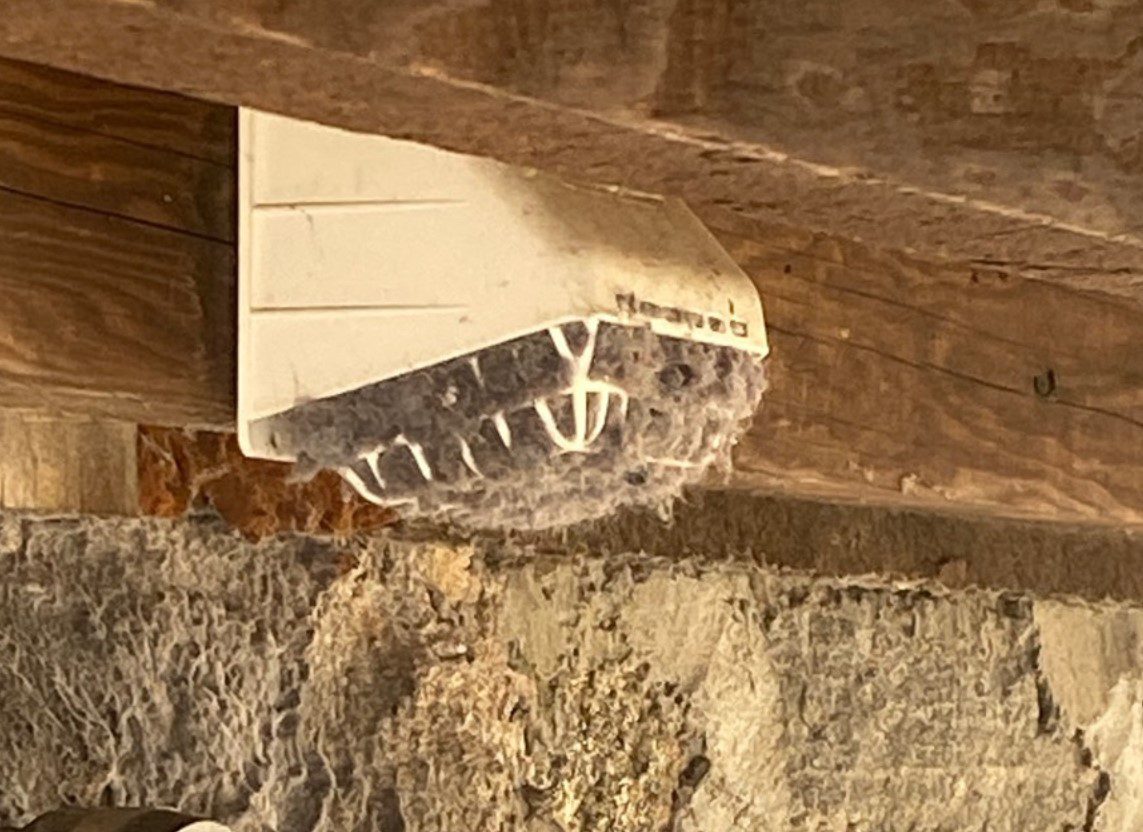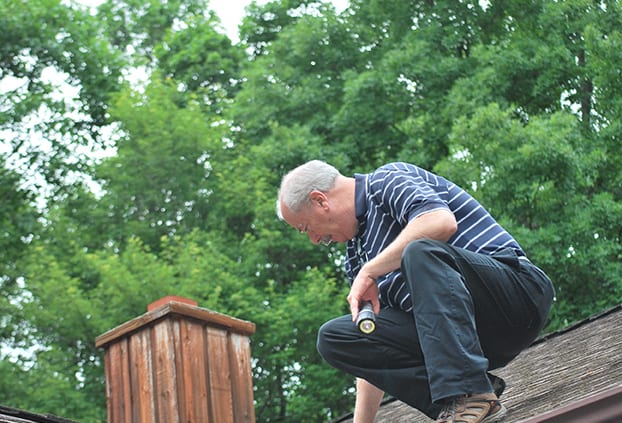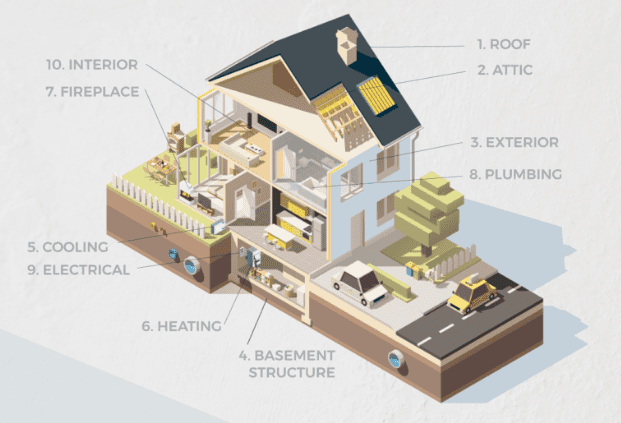Should Sump Pumps be installed on a Ground Fault Circuit:
What is a Ground Fault Circuit?
A ground fault circuit interrupter (GFCI) can help prevent electrocution. If a person’s body starts to receive an electrical shock, the GFCI senses this and cuts off the power before he/she can get injured.
GFCI circuits are generally installed where someone may come in contact with electrical circuits with water or high levels of moisture. They are most often found in kitchens, bathrooms, laundry rooms, basements or even out-of-doors or in the garage where electric power tools might be used.
National Electrical Code Requires GFCI Protection
General Building Practices require sump pumps to be protected with a GFCI circuit. Then why do so many inspectors allow a sump pump to be installed without GFCI protection? Many inspectors wrongly allow a sump pump to be installed without GFCI protection because they’re afraid to recommend a GFCI device and have the circuit trip especially during a storm when the sump pump is especially needed and leave you with a flooded basement. I understand their reasoning, however I’d prefer to recommend a qualified electrical contractor make that decision and from a safety standpoint recommend a GFCI device on the sump pump. Nuisance trips can be a problem for your sump pump and if this is the case, I’d prefer recommending having it fixed by a qualified professional rather than leaving it unprotected on a GFCI circuit.
I remember when I recently went back to a home to pick up a radon monitor and unbeknownst to the home owner found 4” of water in the basement where the sump pump wasn’t working. This sump pump wasn’t working during the inspection two days prior, which was identified in our report. Now, I found myself trudging through 4” of water to retrieve the radon monitor and wondering if there’s something I can do to help this homeowner. I shut off the power to the sump pump in the electrical panel and began troubleshooting the electrical connections and float switch while wading in all this water. I reenergized the circuit and thankfully the pump began to pump water out of the basement.
Many sump pumps are not installed professionally. We find sump pumps installed in large open pits without proper sealed lids which can be a safety concern, where someone could easily fall into this open hole injuring themselves, in this situation usually a young child playing in the basement. These open pits can also add to the radon levels in the home as well. It’s not unusual for a float switch to hang up on a sump pump and happens one of the adults in the home will go into the basement maybe with their 10 year old tagging along to see why the pump isn’t working and they jiggle the float switch and the pump starts running. The next storm the sump pump stops running again, this time the child says I’ll get it mom and runs to the basement to jiggle the float switch and gets into serious trouble when the frayed electrical cord leaks current through the youngster’s body. If the sump pump were installed with a GFCI circuit this Child may still be alive today.
We always recommend a qualified licensed electrical contractor evaluate the circuit for sump pumps without GFCI protection and consider having a GFCI circuit installed with the shut-off and reset included with a local alarm at the top of the stairs so someone doesn’t find themselves trudging through 4” of water to shut off the power next time the float switch hangs up.






